MedTech News
.................... by Andrew Celentano

Senseonics launches automated insulin dosing system with 1-year CGM
The company has integrated its Eversense 365 implant with Sequel Med Tech’s insulin delivery system to automate the management of Type 1 diabetes.
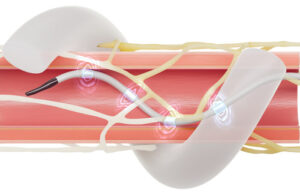
Medtronic renal denervation has a reimbursement win in Japan
Medtronic continues to expand the growth opportunities for its hypertension-treating Symplicity Spyral renal denervation system.
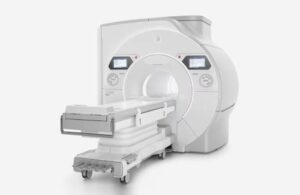
GE HealthCare wins FDA nod for next-gen Signa MRI tech
GE HealthCare (Nasdaq: GEHC)+ announced today that it received FDA clearance for a trio of new MRI offerings.
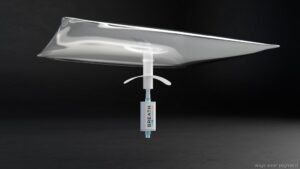
Breath Diagnostics, Inc. Receives FDA Breakthrough Device Designation for OneBreath™ Platform to Aid Pre-Operative Pneumonia Risk Assessment
LOUISVILLE, Ky., Feb. 19, 2026 /PRNewswire/ — Breath Diagnostics, Inc., a leader in breath-based molecular diagnostics powered by patented microreactor capture technology, is pleased to announce that the U.S. Food and Drug Administration (FDA) has granted Breakthrough Device Designation to its OneBreath™ platform.
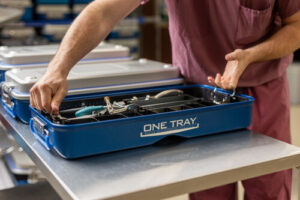
FDA Clears IST’s ONE TRAY® for 365 Day Storage, Expanding Sterilization Flexibility for Surgical Facilities
DAYTON, Ohio, Feb. 19, 2026 /PRNewswire/ — Innovative Sterilization Technologies (IST) announced today that the ONE TRAY® sterilization container has received a second clearance from the U.S. Food and Drug Administration (FDA), significantly expanding its use across hospital and surgical facility workflows.

Sibel Health Receives FDA Acceptance into Drug Development Tool Qualification Program for Innovative Cough Monitoring Sensor
CHICAGO, Feb. 19, 2026 /PRNewswire/ — Sibel Health, a leader in medical-grade wearable sensor technology, today announced that the U.S. Food and Drug Administration (FDA) has accepted the company’s recent Letter of Intent (LOI) into the Clinical Outcome Assessment (COA) Qualification Program under the Drug Development Tool (DDT) framework. The acceptance marks a significant milestone in advancing objective cough frequency measurement for adult patients with chronic refractory cough (CRC) using a novel Cough Monitoring sensor, the Aria sensor.

A gel for wounds that won’t heal: Oxygen-delivering technology can prevent amputations
As aging populations and rising diabetes rates drive an increase in chronic wounds, more patients face the risk of amputations. UC Riverside researchers have developed an oxygen-delivering gel capable of healing injuries that might otherwise progress to limb lo
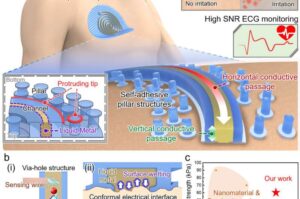
High-performance ECG patch eliminates cold gel and irritating adhesives
Conventional ECG patches often require cold gels and adhesives, which can cause skin irritation and leave marks. These materials can also lose effectiveness during vigorous movement, compromising signal quality. Addressing these issues, UNIST researchers have developed a novel, self-adhesive ECG patch that eliminates the need for gels and chemical adhesives.
